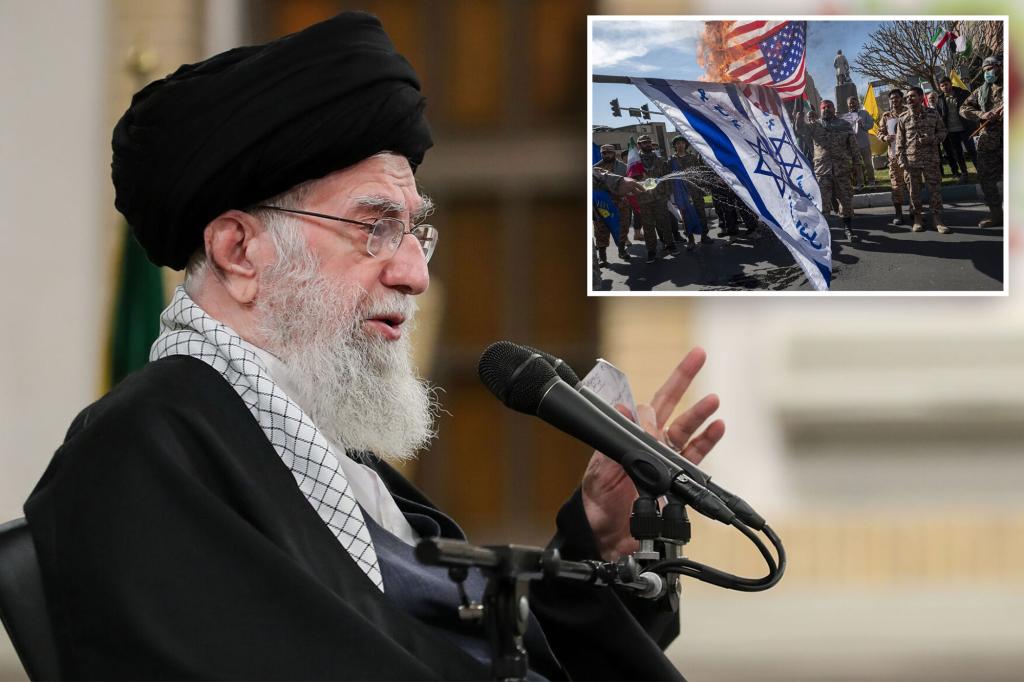In a report that is causing concern, an imminent direct attack on Israel from Iran is expected to take place within the next 24 to 48 hours, targeting either the southern or northern parts of Israel. The Wall Street Journal cited a source familiar with the situation who disclosed this information. While attack plans have been discussed, a final decision has not yet been made, as the Supreme Leader of Iran is still evaluating the political risks involved in carrying out such an attack. The escalating tensions between Iran and Israel stem from an airstrike in Syria that targeted an Iranian diplomatic complex in Damascus, resulting in the deaths of seven Islamic Revolutionary Guard Corps members, including two high-ranking commanders. Iranian officials have vowed to seek revenge for the attack.
Senior US officials have indicated that retaliation from Iran against Israeli or American assets is expected to occur imminently, with a focus on a potential strike on Israeli soil rather than in other regions of the Middle East. In light of these developments, the US Embassy in Israel has issued a security alert, advising employees and their families to restrict their travel to central areas of the country as a precautionary measure. General Michael Erik Kurilla of US Central Command, responsible for military operations in the Middle East, was confirmed to be in Israel, underscoring the seriousness of the situation. Defense Secretary Lloyd Austin also reaffirmed US support for Israel’s defense in the face of threats from Iran and its regional allies, emphasizing the strong partnership between the two countries.
Amidst the looming threat, Israel’s Prime Minister Benjamin Netanyahu issued a stern warning to potential aggressors, stating that the country is prepared to defend itself through both defensive and offensive measures. Netanyahu emphasized that anyone who poses a threat to Israel will face consequences, highlighting the unwavering commitment to safeguarding the state and its citizens. In response to the heightened tensions, the Pentagon expressed full support for Israel’s defense against potential Iranian attacks, reinforcing the strategic alliance between the two nations. With diplomatic channels open and military cooperation in place, efforts to address the evolving security landscape in the region continue to be a top priority for both Israel and the United States.
As the situation unfolds, the deliberations by Iran’s Supreme Leader on the potential attack on Israel underscore the gravity of the decision-making process, with significant political implications at stake. The prospect of a direct assault on Israeli territory has raised concerns about the security landscape in the region and the potential for further escalation. Advisers to Iran’s Ayatollah Ali Khamenei described the strike plans as being under consideration, highlighting the strategic calculus involved. In response, Israeli leadership remains vigilant and prepared for any potential threats, as tensions between Iran and Israel continue to escalate. The evolving dynamics between the two countries underscore the complex geopolitical challenges facing the Middle East, as regional powers navigate a delicate balance of power and influence in the midst of heightened security threats.


